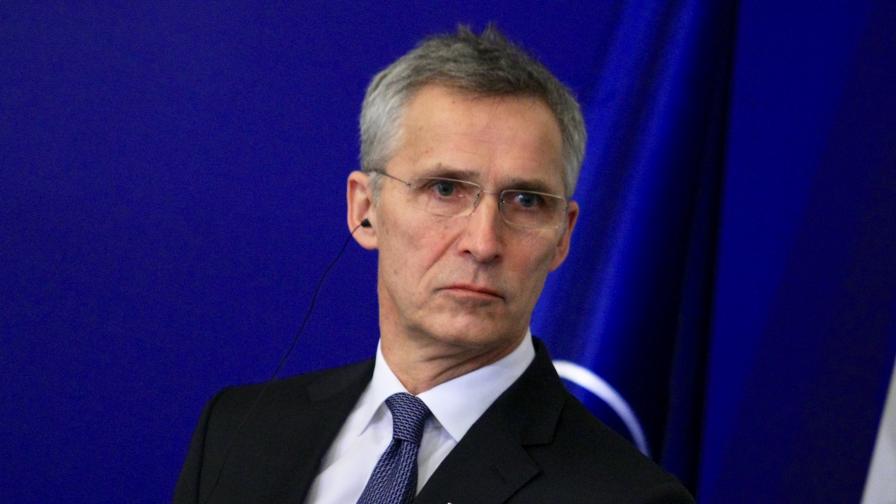What did Vladimir Putin say about Russian nuclear weapons?
Russia’s president summoned the defence minister, Sergei Shoigu, and military chief of staff, Valery Gerasimov, to a public meeting on Sunday and ordered them to “transfer the deterrence forces” – a reference to nuclear weapons – “of the Russian army to a special mode of combat duty”.
Do Putin’s words have any specific military meaning?
Although the diplomatic threat was clear enough, the exact phrasing confused nuclear experts and defence ministries, who did not recognise what a “special mode of combat duty” might specifically entail. But there was agreement that the threat, though it had gone up a notch, remained at a low level.
Pavel Podvig, widely considered a leading expert on Russian nuclear forces, tweeted that that Putin’s order “most likely” meant “the nuclear command and control system received what is known as a preliminary command”. This would turn the system on, in effect, allowing “a launch order” to “go through if issued”.
It would also allow, he wrote, for the nuclear weapons to be launched “if the president is taken out or can not be reached”, but he added, only in the case “it detects actual nuclear detonations on the Russian territory”.
David Cullen, of the Nuclear Information Service, said this was, in a way, “analogous to the British system”, where the commanders of Trident nuclear submarines are given letters of last resort, signed by the prime minister, of instructions on how to act if it is believed that the UK has been destroyed by an all-out nuclear attack.
Both Podvig and other experts, such as James Acton, a nuclear expert with the Carnegie Endowment, said Putin’s order could also entail further operational changes. That could include sending further nuclear armed submarines to sea or dispersing long range nuclear missiles around Russian territory, from where they could theoretically be used.
But that may not necessarily be the case, Podvig added, given Putin’s phrasing was deliberately ambiguous.
What is the thinking of western governments?
Ben Wallace, Britain’s defence secretary, said the UK did not recognise the terms Putin used. “That is not a term that is in their doctrine,” the minister told the BBC on Monday morning. The move was, he said, designed to scare the west and “remind the world he’s got a deterrent” and that it was a distraction designed to ensure that the west was “talking about it rather than the lack of success they are having in Ukraine”.
The defence secretary also warned Russia could, in theory, use so-called tactical nuclear weapons in the fight against Ukraine. But this would amount to a massive – and still unlikely – escalation against what Putin has described as “one people” with Russians.
“They could be every bit as powerful as the Hiroshima and Nagasaki bombs; most people say there is no such thing as a non-strategic nuclear weapon,” said Sebastian Brixey-Williams, a co-director of the Basic thinktank.
Has Russia said anything more since Sunday to explain itself?
There was a signal, from the Kremlin itself, on Monday that its statement was primarily a form of high stakes diplomacy. The Kremlin spokesperson, Dmitry Peskov, said the decision came in response to various western warnings there could be “collisions and clashes between Nato and Russia”. He added: “I would not call the authors of these statements by name, although it was the British foreign minister.”
Matthew Harries, a nuclear specialist with the Rusi thinktank, said the statements were a warning of a different sort. It was, in the first instance, simple intimidation – “we can hurt you, and fighting us is dangerous” – and a reminder to the west, which is increasingly arming the Ukrainians, not to go too far. “It could be Russia is planning a brutal escalation in Ukraine and this is a ‘keep out’ warning to the west,” he said.
Note: This article have been indexed to our site. We do not claim legitimacy, ownership or copyright of any of the content above. To see the article at original source Click Here













